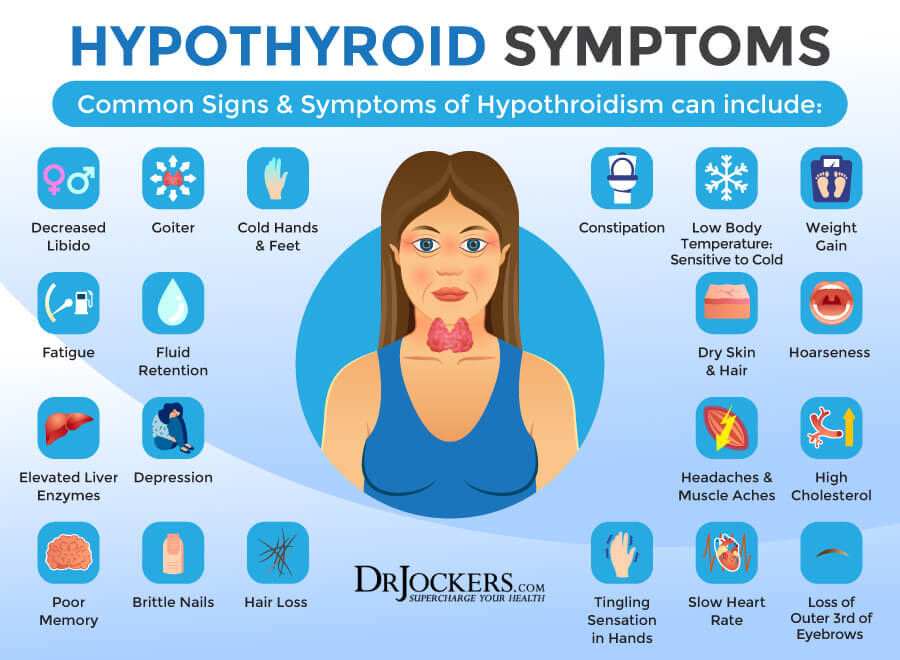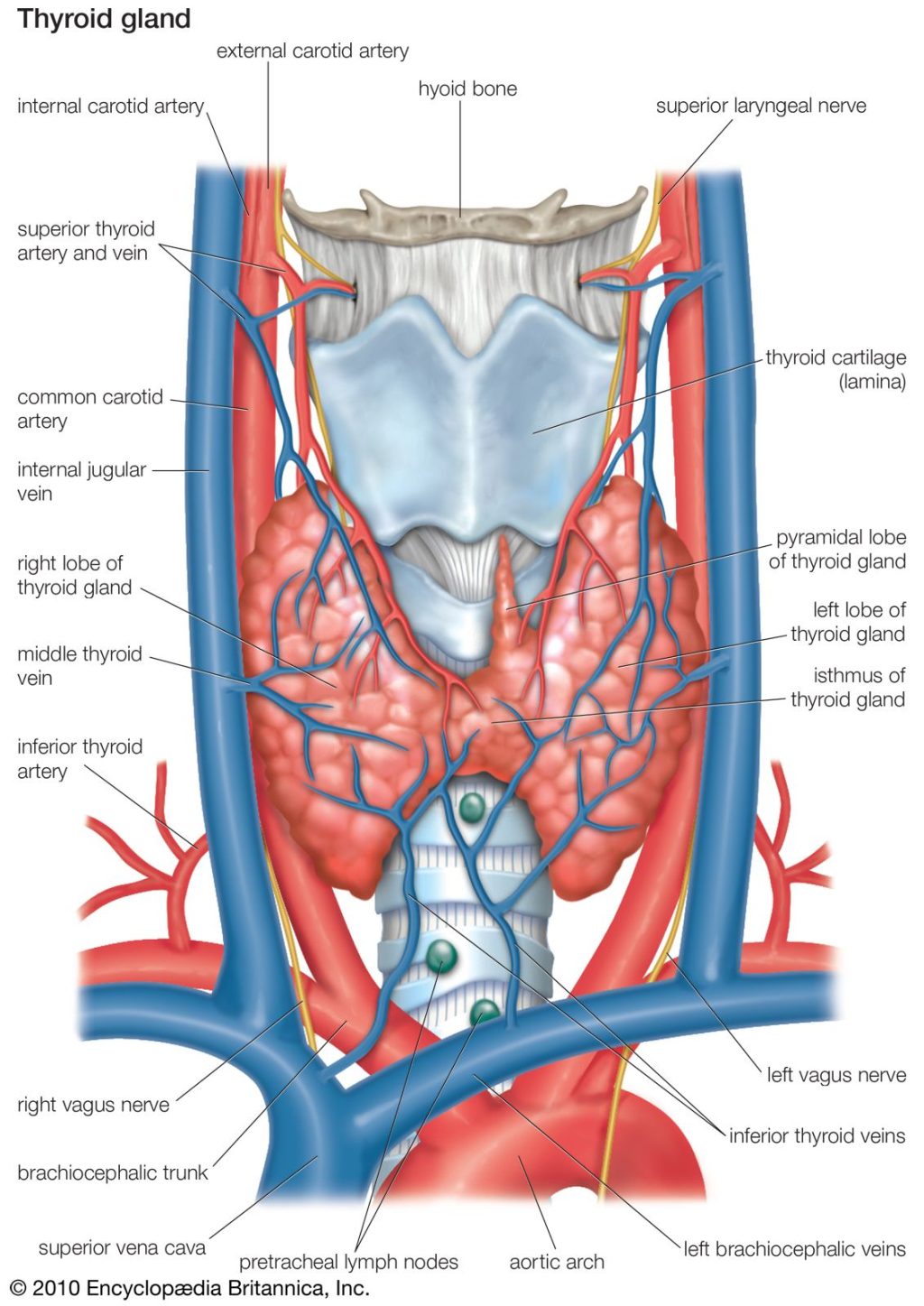In the United States, health awareness is on the rise, with more people seeking to understand their bodies and the medical tests that can help maintain well-being. One such test that often comes up in conversations about health is the thyroid test, or prueba de tiroides in Spanish. This article will explore what a thyroid test is, why it’s important, and how it helps diagnose and manage thyroid-related conditions.
Understanding the Thyroid
The thyroid is a small, butterfly-shaped gland located at the front of the neck. Despite its size, it plays a crucial role in regulating the body’s metabolism through the production of hormones. These hormones affect nearly every organ in the body, influencing functions like breathing, heart rate, weight, digestion, and mood.
When the thyroid isn’t functioning properly, it can lead to a range of health issues. That’s where thyroid tests come into play—helping doctors determine if the thyroid is overactive (hyperthyroidism) or underactive (hypothyroidism).
What Is a Thyroid Test?

A thyroid test is a medical procedure used to assess how well the thyroid gland is working. These tests typically involve blood work and sometimes imaging techniques. They are essential for diagnosing thyroid disorders and monitoring treatment effectiveness.
Common types of thyroid tests include:
- TSH (Thyroid-Stimulating Hormone) Test: This is usually the first test a doctor will order. TSH is produced by the pituitary gland and signals the thyroid to produce hormones.
- T3 and T4 Tests: These measure the levels of triiodothyronine (T3) and thyroxine (T4), two key hormones produced by the thyroid.
- Free T4 Test: This measures the amount of unbound T4 in the blood, which is the active form of the hormone.
- Antibody Tests: These detect antibodies that may indicate autoimmune thyroid diseases, such as Hashimoto’s thyroiditis or Graves’ disease.
- Imaging Tests: Ultrasounds, CT scans, and nuclear medicine tests like a thyroid scan or radioactive iodine uptake test can provide visual insights into the structure and function of the thyroid.
Why Are Thyroid Tests Important?
Thyroid tests are vital for several reasons:
- Early Detection of Disorders: Many thyroid conditions develop gradually, and symptoms can be subtle. Regular testing can help catch problems before they become severe.
- Diagnosis of Conditions: Thyroid tests are used to diagnose both hyperthyroidism and hypothyroidism, as well as autoimmune diseases like Hashimoto’s and Graves’ disease.
- Monitoring Treatment: For those already diagnosed with a thyroid condition, regular testing helps doctors adjust medication and ensure the treatment is effective.
- Preventive Care: Even without symptoms, some individuals may benefit from thyroid screening, especially if they have a family history of thyroid disease or other risk factors.
How Do Thyroid Tests Work?

Let’s break down the most common thyroid tests:
1. TSH Test
The TSH test is the most commonly used initial test for thyroid function. It measures the level of TSH in the blood. A high TSH level suggests the thyroid is underactive, while a low level indicates an overactive thyroid.
2. T4 and Free T4 Tests
These tests measure the levels of thyroxine (T4) in the blood. T4 exists in two forms: bound to proteins and free. The free T4 test is particularly useful because it reflects the active hormone available to the body.
3. T3 Test
While less commonly used, the T3 test measures the level of triiodothyronine, another thyroid hormone. It is especially helpful in diagnosing hyperthyroidism.
4. Antibody Tests
These tests look for antibodies that attack the thyroid, which can indicate autoimmune disorders. Common antibodies include anti-TPO and anti-thyroglobulin.
When Should You Get a Thyroid Test?
You might need a thyroid test if you experience any of the following symptoms:
- Unexplained weight changes
- Fatigue or anxiety
- Changes in heart rate
- Dry skin or hair loss
- Constipation or diarrhea
- Mood swings or depression
Additionally, your doctor may recommend a thyroid test if you have a family history of thyroid disease, are pregnant, or are taking medications that affect thyroid function.
Interpreting Thyroid Test Results

Understanding your thyroid test results can be complex, but here’s a general guide:
- Normal TSH, Normal T4: Indicates a healthy thyroid.
- High TSH, Low T4: Suggests hypothyroidism.
- Low TSH, High T4: Indicates hyperthyroidism.
- Abnormal Antibodies: May point to an autoimmune disorder.
It’s important to discuss your results with a healthcare provider, who can interpret them in the context of your overall health and symptoms.
Common Misconceptions About Thyroid Tests
Despite their importance, there are some misconceptions about thyroid tests:
-
Myth: All thyroid problems show obvious symptoms.
Fact: Many thyroid conditions are asymptomatic or have mild symptoms that go unnoticed. -
Myth: Thyroid tests are only for people with symptoms.
Fact: Some doctors recommend routine thyroid screening, especially for those at higher risk. -
Myth: Thyroid tests are always accurate.
Fact: While reliable, test results can be influenced by other factors, such as pregnancy or certain medications.
The Role of the National Institutes of Health (NIH)

The NIH, including the National Institute of Diabetes and Digestive and Kidney Diseases (NIDDK), provides valuable resources on thyroid health. Their research helps improve diagnostic methods and treatment options for thyroid disorders.
According to the NIDDK, thyroid tests are widely available and play a critical role in managing thyroid-related conditions. They also emphasize the importance of considering other factors, such as pregnancy or medication use, when interpreting test results.
Conclusion
Thyroid tests are an essential tool in diagnosing and managing thyroid disorders. Whether you’re experiencing symptoms or simply want to stay proactive about your health, understanding what a thyroid test is and why it matters can empower you to make informed decisions.
If you’re concerned about your thyroid health, talk to your doctor about getting tested. Early detection and proper management can make a significant difference in your quality of life.
Frequently Asked Questions (FAQ)
Q: What is a thyroid test?
A: A thyroid test is a medical procedure that checks how well your thyroid gland is functioning by measuring hormone levels in your blood.
Q: Why is a thyroid test important?
A: Thyroid tests help diagnose conditions like hypothyroidism and hyperthyroidism, monitor treatment, and detect autoimmune disorders.
Q: Who should get a thyroid test?
A: People with symptoms of thyroid issues, a family history of thyroid disease, or those taking certain medications may benefit from thyroid testing.
Q: Are thyroid tests painful?
A: No, thyroid tests typically involve a simple blood draw, which is quick and minimally uncomfortable.
Q: Can thyroid tests detect cancer?
A: While some tests can help monitor thyroid cancer, they are not primarily used for diagnosis. Imaging and biopsy are more common for detecting cancer.
Final Thoughts
As the U.S. continues to focus on preventive care and early intervention, thyroid tests remain a cornerstone of endocrine health. By staying informed and proactive, individuals can take control of their health and seek timely medical care when needed.
Author: Sarah Mitchell
Title/Role: Health Reporter
Credentials: With over a decade of experience in health journalism, Sarah has covered topics ranging from chronic disease management to breakthroughs in medical research. She specializes in making complex health information accessible to the public.
Profile Link: Sarah Mitchell Bio
Sources:
– National Institute of Diabetes and Digestive and Kidney Diseases (NIDDK)
– Mayo Clinic – Thyroid Function Tests
– Centers for Disease Control and Prevention (CDC) – Thyroid Disease
Internal Links:
– Understanding Hypothyroidism
– Managing Hyperthyroidism
– Thyroid Cancer Overview
Schema Markup:
{
"@context": "https://schema.org",
"@type": "Article",
"headline": "What Is a Thyroid Test and Why Is It Important?",
"description": "Learn about thyroid tests, their importance, and how they help diagnose thyroid disorders.",
"author": {
"@type": "Person",
"name": "Sarah Mitchell"
},
"publisher": {
"@type": "Organization",
"name": "Health Today",
"logo": {
"@type": "ImageObject",
"url": "https://example.com/logo.png"
}
},
"datePublished": "2025-04-05"
}
Featured Snippet:
A thyroid test measures hormone levels in the blood to check how well the thyroid is functioning. It helps diagnose conditions like hypothyroidism and hyperthyroidism.











More Stories
What Is Yodo Para Tiroides and How Does It Affect Thyroid Health?
How to Claim Your Joy in League of Legends: A Step-by-Step Guide
What is WSET? A Comprehensive Guide to Wine Education